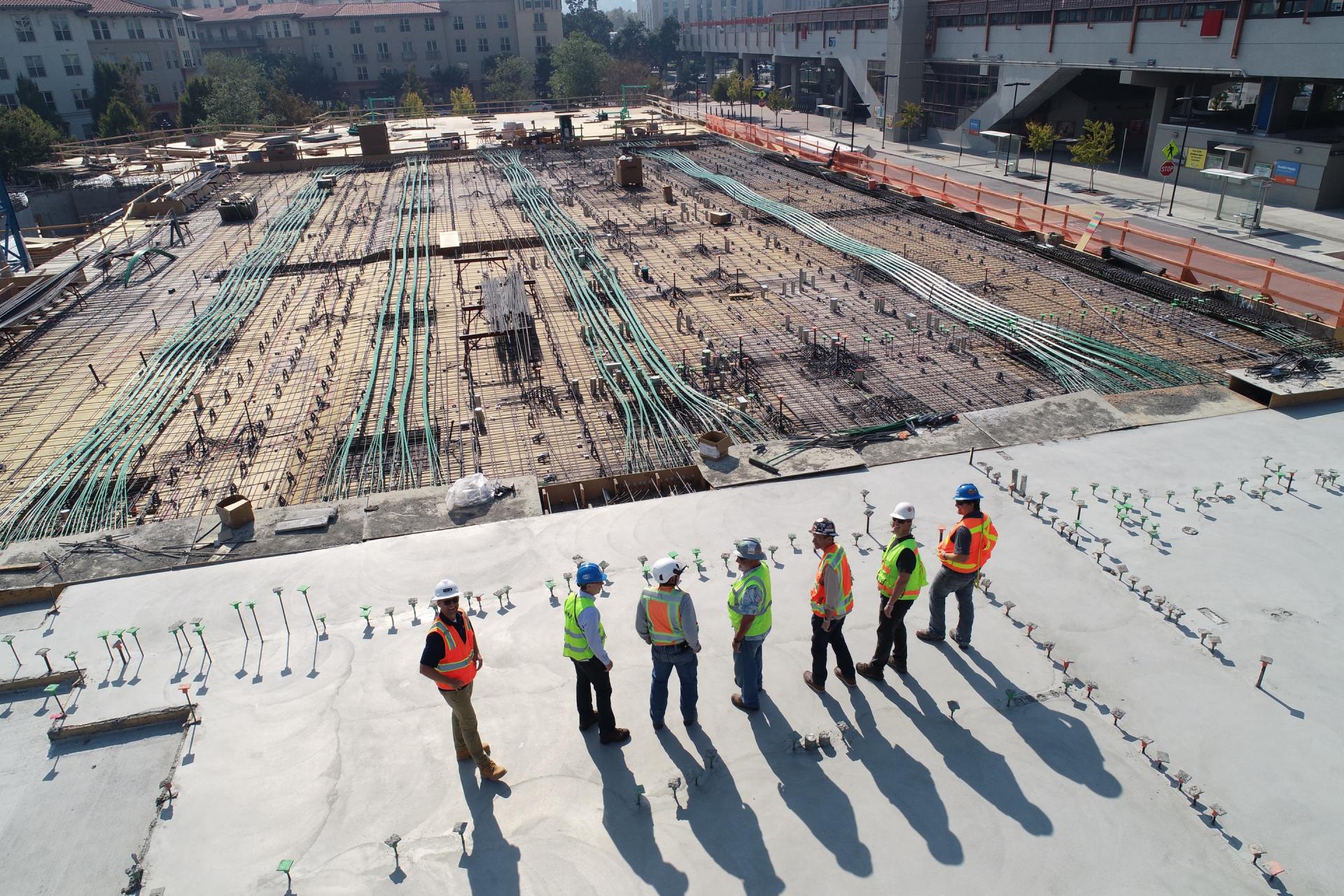The Positive Impact of Mediation in Property Disputes

Introduction
In my practice as a property practitioner I have rarely taken part in mediation, so when I embarked on the challenge to train as a mediator I felt like I was somewhat entering into the unknown. My view of mediation in practice swung between it being a tick box exercise so not to get in the court’s bad books and a useful way to bang the heads together of two parties at each other’s throats. It would be fair to say I really did not understand the nature and benefit of the process.
I appreciate my lack of mediation experience is somewhat unusual in the property field, where mediation is used often. However, unfortunately, I do not think my old-fashioned cynicism of the process is that unusual.
Following my attendance on the ADR ODR Mediator Training Course, which took place at Hardwicke Chambers in September 2018, my view of mediation has significantly changed and developed. In this blog I hope to share some of the knowledge learned on that course as well as considering the role that mediation plays in property disputes and some ways in which it could be utilised more.
What is a property dispute?
Property law is vast and varied. It focuses on disputes over the creation, ownership, transfer and protection of property interests, as well as the impact of relationship breakdowns, death and dissolution of partnerships. It involves landlord and tenant, commercial, agricultural, residential, local authority, and development property and covers buildings, green space and everything in between.
There really is no such thing as a typical property dispute. In any given case a barrister may be involved in advising a client about a dispute, drafting letters before action and encouraging settlement out of court. If a settlement is not forthcoming then you will move on to draft or respond to court proceedings, encourage mediation, attend court for interim hearings and finally attend court for a trial. Clients are often landowners, tenants and businesses, and cases tend to be tried in county courts, the High Court and property tribunals.
What is mediation?
ADR ODR International, in their recent blog of 20 September 2018 “Why mediation is important in the workplace?” define mediation in the following terms: “ It is an effective way of resolving disputes without the need for the court’s intervention. A neutral third party – the mediator – will facilitate the mediation and will help all parties come to a suitable and satisfactory agreement. Mediation is a specific skill that aims to help people in the best way it can.”
The Harvard Law School Daily Blog defines mediation in the following way: “Mediation is a process of third-party involvement in a dispute. A mediator cannot impose an outcome but rather assists the disputing parties in reaching their own agreement. Mediation can be used in a wide range of disputes, including labor disputes, public policy disputes, disagreements among nations, family disputes, and neighborhood and community quarrels. According to research, about 80% of dispute mediations lead to resolution.”
So really mediation is a way for the parties in a dispute to think up a way out of the conflict and make a binding decision to resolve their dispute, utilising a neutral third party to facilitate that.
Mediation in property disputes
Mediation is often used in property disputes. It is an ideal way for parties to take control of their dispute and reach a decision which is beneficial to both parties. Taking control back from the court and thinking of options outside of the usual orders that a court can make is a very attractive option to those involved in property disputes.
Mediation is so popular in property disputes that some well-known practitioners in the field set up a specific property mediation service, called “the Property Mediators”. They explain why mediation in beneficial in relation to property disputes, stating: “ Mediation is ideal for property disputes. It addresses your real needs, and allows you and your opponent to create your own solutions in a way that invariably cannot be done by a court. Property mediation will end the uncertainty of litigation, continuing anxiety and horrendous costs. Once the case is settled you will be able to get on with your business and move on with your life.”
In relation to property disputes mediation is typically used in cases involving neighbours arguing over the ownership of land, party walls, rights of way and boundaries. It also is often used in relation to family disputes involving property such as inheritance claims, trusts, co-ownership and the property impact of relationship breakdown.
How could mediation be utilised more in property disputes?
One way in which mediation could be utilised more in property disputes is for negotiating leases. If the parties were at a stale-mate regarding the terms of a new lease or a renewal, mediation would be an ideal way for the parties to work through their difficulties and reach a successful outcome.
In relation to social housing, mediation could play an extremely beneficial role in neighbourhood anti-social behaviour disputes. Rather than one party facing an injunction or even eviction from their home, mediation could help resolve the problems between neighbours, saving the social landlords lots of money and helping the residents maintain their tenancies. This would benefit the complainants because their neighbour may well agree terms and conditions for their behaviour, such as not playing music at certain hours, which the court would not. Social landlords are in the business of maintaining tenancies so mediation suits their needs and it obviously suits the protagonist because they save being evicted.
Additionally, online mediation is infrequently used and could be an extremely useful tool for those short on time or where face-to-face meetings would be challenging. It could be particularly useful for dealing with assured shorthold tenancies. Those tenancy documents are often held on online portals in any event and claims for possession of the properties subject to those tenancies are made online. The natural next step would be online mediation.
Conclusion
Mediation is certainly not just about banging together the heads of the parties – in fact what I have learned is that it has nothing at all to do with banging heads together. The mediator takes a totally impartial, even, non-judgmental, non-opinionated role. That is not the role either party is able to muster in a property dispute, nor the role of a judge. As such, what the mediator brings to the table in a dispute is an alternative for the parties; a way to reach a solution; a way to end the matter there and then; a way to stop the conflict; a way to stop spending money; a way for the parties to come together to themselves find a solution they are both content with.
The benefit of mediation in property disputes is vast but, in my view, the greatest benefit is reaching a decision outside of the confines of the court order. Often these disputes involve neighbours who are going to live beside each other and see each other most days for most of their lives. Being able to find a solution to suite both parties which is thought up and agreed between themselves, rather than enforced by a judge, provides for a much happier home living environment.
Laura Tweedy
Hardwicke
















